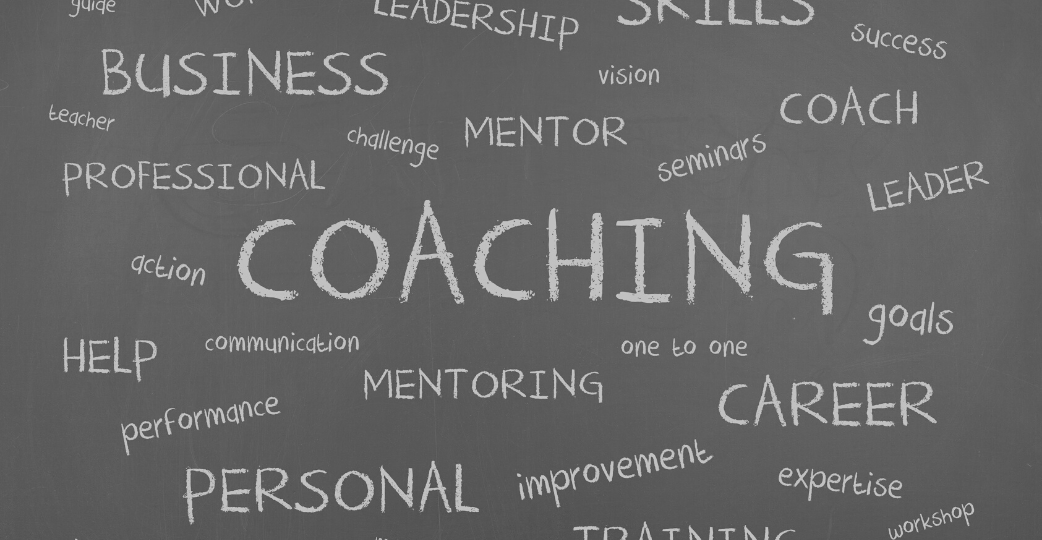
CEO coaching is an area that has seen a lot of development over the last ten years. In 2013, only two-thirds of CEOs received outside support surrounding leadership development, human development, and overall performance. This stat is from a Stanford University/The Miles Group survey.
I am sure that this has changed due to the vast number of coaches in the marketplace.
I speak to many business leaders about coaching, and the typical reply is, “everyone is a coach these days”.
But let’s break down the main areas of why coaching is essential and how to find the right coach for you.
Why is getting CEO coaching from outside the company important?
It’s outside in, not inside out. It can be straightforward for the executive team to focus on internal problems solely and, therefore, not see the big picture. This lack of birds-eye thinking can have a devastating influence on performance when companies need to be agile in solving problems. When I coach the CEO, I have no agenda; I am purely in a position to support and help my client. I offer a neutral third-party assessment that is a clear reality check for executives.
We must understand that everyone in a company has an agenda, from the newest staff member to the CEO. By creating a coaching environment that is safe, confidential and open, individuals can discuss various issues and topics that might not usually come up. My role is then to use this vital information to support the CEO and improve their performance. For more benefits around CEO coaching check out our article here.
If CEO Coaching is so important, why do some individuals not employ coaches?
There is still an idea of being a superhuman. CEOs are already performing at such a high level; the question might be, “Why do I need a coach when I have got this far on my own?” or the idea “If it ain’t broke”. It is tough to seek advice or coaching when things are going well.
There is not one single professional athlete that does not have or has had a coach to help them succeed. A coach can be 100% focused on developing CEOs; as a CEO, there are hundreds of decisions to be made.
An important point to make is that with this type of coaching, CEOs need to be open to having a coach and bringing these board members along with them on the journey. Lots of the work done in coaching CEOs is about developing high-performing relationships, and therefore support from others around that individual will be massively beneficial.
The coach’s role is to identify blind spots, discuss weaknesses and create a needs analysis on the areas that might require work. Honesty in these discussions, for me, is the only way to open up and become a better performer.
For example, there is a requirement for CEOs to develop so-called “soft skills” – I personally hate this term, and I feel that it undermines the importance of these essential interaction skills. The working landscape has changed, and people are motivated by different things. If a CEO can develop self-awareness and empathy, they are going to get more engaged people in their company, and engagement leads to high performance.
There are so many coaches; how should CEOs pick the right coach for them?
Coaching has become a famous profession. In my case, it can be very addictive. Seeing someone with whom you have worked closely doing well is very rewarding and drives you to want more success from your clients.
Two significant points in selecting a coach:
- The coach understands the individual. Every CEO I have worked with is different and has different working styles and lifestyles. Therefore an important skill is to be able to individualise the coaching. Using the idea of principles, not methods. It’s not a one size fits all process.
- Relationship. Coaching is a two-way relationship. Most people think that I will tell them what to do. This is far from the truth. It’s an open discussion about different topics, where ideas will be developed to help each other.
Summary
Coaching done in the right way at the right time can help that individual or CEO achieve the outcome they want. You should not feel that you are a weaker leader if you need support. We need to move away from the idea that seeking support means that you cannot lead. Far from it, understanding weaknesses and areas that require improvement are one of an individual’s biggest strengths.
Progress over perfection
Lee
